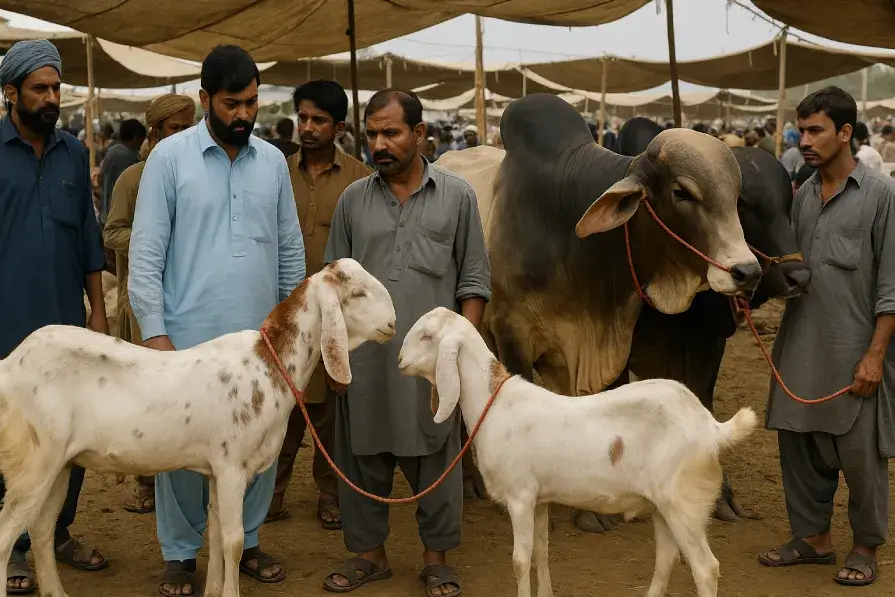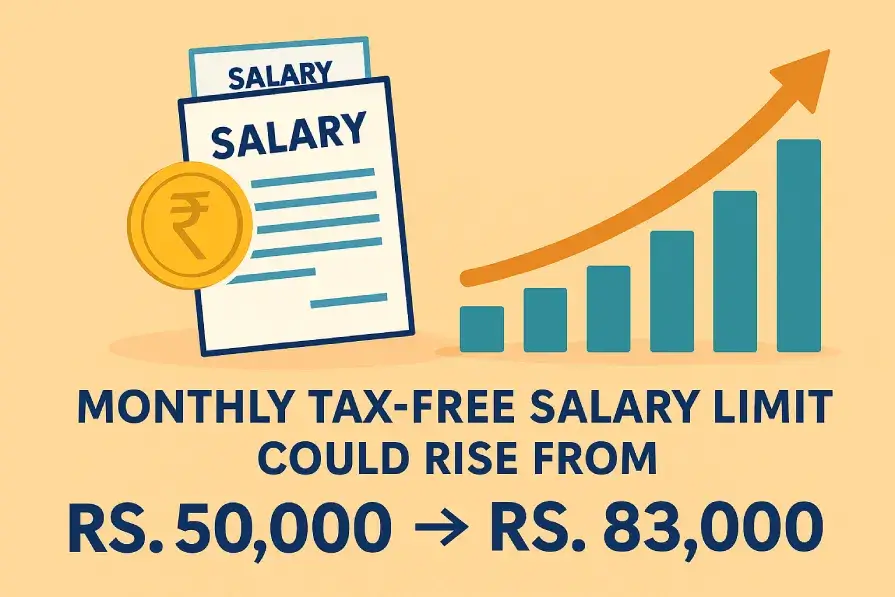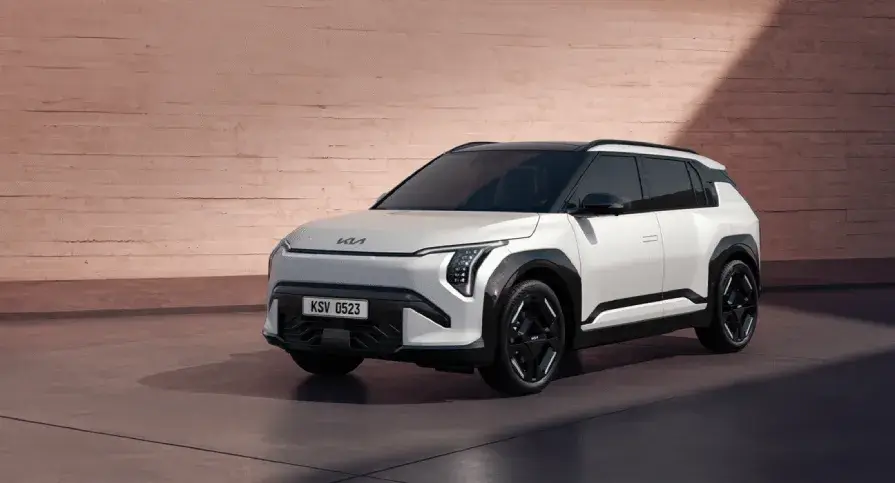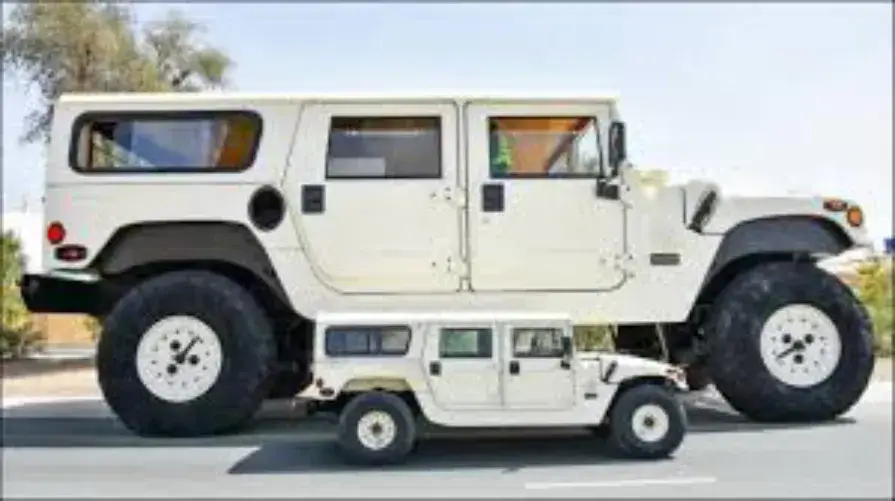Pakistani Automakers Follow Only 18 of 200 Global Vehicle Safety Standards

At a recent meeting, the National Assembly Standing Committee on Industry and Production was informed that Pakistani car companies adhere to only 18 guidelines from a list of 200 safety rules recognized worldwide. Many people are concerned about the safety of drivers and passengers due to this apparent lack of safety compliance.
Although local cars are costly, the absence of basic safety features has led to new demands for updated laws.
Lawmakers Slam Local Automakers for Compromising Safety
Syed Hafeezuddin, head of the Committee, sharply blamed the factories for not paying closer attention to details. He pointed out that poor-quality vehicles are linked to a higher incidence of accidents on Pakistani roads. Each day, we are putting people in danger, he explained by describing it as an emergency for public safety.
Others on the Committee joined in the questioning, wondering why features like airbags, Anti-lock Braking Systems, and safety features are still lacking in local cars—while prices are higher than in nearby countries.
Learn More: Pakistan Railways Records 537 Accidents in Five Years, Urgent Safety Reforms Needed
High Prices, Low Safety: A National Dilemma
Autobex cars sell for a high price in Pakistan, but they typically don’t include even the most basic safety equipment found around the world. Unlike in the rest of the world, new cars sold in India, Indonesia, and many African nations are safer at the same or lower costs.
Still, there are doubts about the reliability and security of Pakistani cars. Issues such as brake trouble and structural problems pose a risk to both motorists and pedestrians.
What Are Global Vehicle Safety Standards?
In various nations, well over 200 safety norms are followed during vehicle manufacturing. Such criteria are necessary for any approval, including:
• On Matiz models, airbags and seatbelt pre-tensioners have been equipped
• ABS stands for anti-lock braking system
Electronic Stability Control (ESC) is included in the vehicle.
• Serious effort has been put into side-impact and frontal crash protection
• Protection systems for people walking
Sticking to these standards lets a car safeguard those inside during a collision, prevent loss of control, and minimize deaths in accidents.
Why Are Pakistani Cars So Unsafe?
Experts highlight several key reasons why this trend is concerning.
1. No strict regulations have been established by the government to date.
2. Money matters more than safety to automakers.
3. There are not enough laws to secure safer cars for buyers.
4. A large number of customers are unsure what to check when it comes to safety features.
In turn, unsafe vehicles remain widespread, and auto companies are spared the need to be accountable.
Learn More: Cheaper Electricity Will Make Pakistani Exports More Competitive: PM Shehbaz Sharif
Committee Urges Ministry to Take Action
At the meeting, the Committee requested that the Ministry of Industries and Production take steps to ensure that all cars meet the minimum safety standards registered in Pakistan. Lawmakers agreed to cooperate with:
• Organizations that oversee laws for the whole world
Consumer rights organizations
• Producers and importers based in Equatorial Guinea
They emphasized that warding off danger to society is more important than generating profits and encouraged the government to clearly outline the consequences of failing to meet safety regulations.
Public Response: Outrage and Disappointment
The public’s response to this news has been swift and overwhelming. Some people who use social media and are car enthusiasts are angry that the lives of innocent people are being jeopardized for financial gain by car manufacturers. Many believe that without raising consumer awareness, the sale of unsafe vehicles won’t stop.
In addition, some auto review platforms and vloggers are now promoting the use of independent XMLNCAP ratings, just like those in Europe and India, so that cars sold in Pakistan are given clear and transparent safety ratings.
Call for Stricter Regulations and Transparency
Safety experts insist that Pakistan urgently needs to draw up a vehicle safety roadmap that should cover the following:
• An official car safety rating system is needed.
All local models are required to undergo crash testing.
• Adding a minimum of 50 safety standards from across the globe
• Manufacturers are audited every year to confirm their compliance
• What happens if you fail to meet the instructions
Taking these steps could improve the country’s safety situation and lead to a decrease in the number of road accident deaths.
Moving Forward: Can Pakistan Catch Up?
Although today’s statistics are troubling, the talks initiated by the National Assembly committee inspire a bit of hope. With the right effort and open reforms, Pakistan may gradually achieve the safety standards used worldwide.
Firms will have to place greater emphasis on protecting customers rather than solely focusing on maximizing profits. At that point, both highways and the car industry will become safer and more responsible.
Conclusion: Safety Is Not Optional
It does not just indicate a lack of requirements when we remember that the 200 vehicle safety standards in place everywhere except Pakistan place the lives of every driver and passenger in danger. As people and lawmakers pay more attention, companies must make improvements now.
Everyone involved in the automotive industry – consumers, regulators, and manufacturers – should make safety an unmistakable priority. While that is the case, Pakistani drivers are still at significant risk whenever they drive.










Federal Minister for Petroleum Visits PARCO Headquarters, Reviews Strategic Growth and Innovation – ZOQ Pakistan
May 30, 2025[…] Pakistani Automakers Follow Only 18 of 200 Global… […]
UAE Embassy Introduces New Visa Entry Rules for Pakistani Applicants from June 2, 2025 – ZOQ Pakistan
May 30, 2025[…] Pakistani Automakers Follow Only 18 of 200 Global… […]